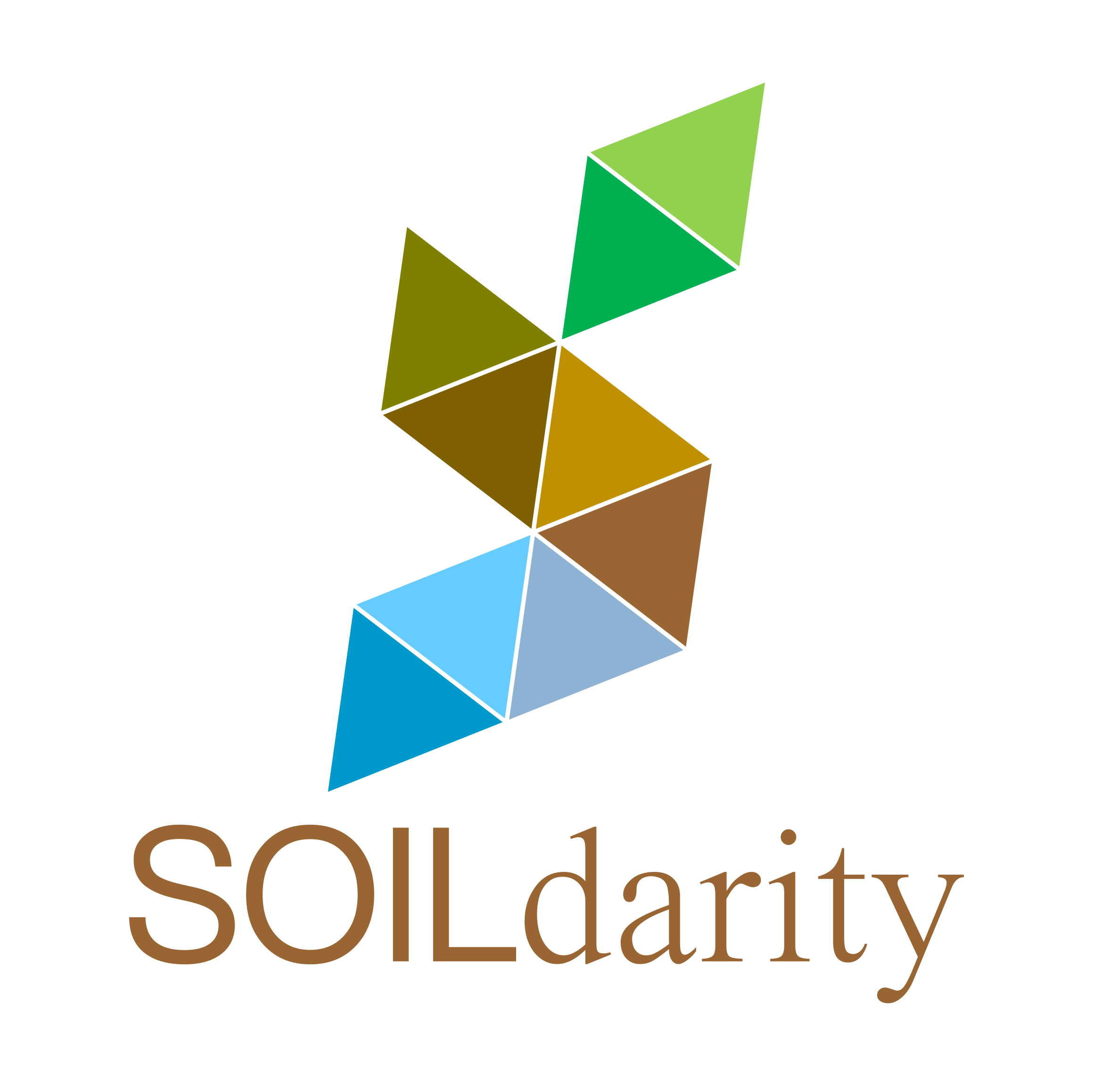School period: 19/09/2022 – 23/09/2022 Free registration: https://forms.gle/eNmrtaNQCinkHNfA8 Location: Lisbon, Portugal The Soildarity Summer School is organized as an intensive course of 1 full week and targets young researchers and MSc graduate students from the University of Lisbon. The course also involves external attendees with professional links and interest in the subject. All the participants […]
Author: SOILdarity
SOILdarity at the EIP-AGRI Brokerage event
We were among the 80 selected participants attending the Brokerage Event organised by the EIP-AGRI on 8-9 June 2022. The focus of the event was the EU Mission: A Soil Deal for Europe. It was a good opportunity to exchange views and ideas with experts and peer projects and do it in person. We had […]
Research excellence training programme on how to write scientific papers
Writing an effective scientific paper is not easy. Scientific writing and publication imply communicating the results of a researcher’s work. Effective scientific dissemination and communication is an important component of a researcher’s practice, and should be cultivated at an early stage of the career. The aim of this course is to guide young researchers of […]
Proximal soil sensing technologies for soil fertility assessment – SOILdarity intensive training course
The second SOILdarity specialised training course is getting started! The concept of proximal soil sensing was established in 2011 and involves the application of soil sensors directly on the field. These techniques involve different disciplines, whose integration has allowed successful sensor application for the spatial diagnosis of soil fertility attributes. The aim of the SOILdarity […]
PhD scholarships available. Apply now!
2 PhD scholarships are available in the Precision Soil and Crop Engineering (Precision Scoring) group at the University of Ghent on: Site specific bio-based fertilization. Carbon capture and storage. Click here to find more: https://www.ugent.be/bw/environment/en/research/presco/job_vacancies
SOILdarity’s Prof. Abdul Mouazen holds FAO webinar on spectroscopy in precision agriculture
SOILdarity’s Prof. Abdul Mouazen (UGent) will give a webinar on the role of spectroscopy in promoting precision agriculture solutions. The webinar will be held on 24 March 2022 at 14:00 CET. If you would like attend, you can register and find more information here: https://www.fao.org/global-soil-partnership/resources/events/detail/en/c/1470349/.
WEBINAR – The impact of soil salinity on soil fertility
Soil salinisation has been increasing globally due to intensive farming, irrigation with poor quality water and climate change. These soil processes are multifactorial phenomena that have been accentuated because of intensification of farming activities, poor soil management practices, water scarcity that dictates usage of poor-quality water for irrigation, and excessive application of fertilizers. Moreover, climate […]
Treated wastewater as a source for alternative fertilizers
Despite the uncertainties and limitations due to the covid-19 pandemic, the SOILdarity team has successfully carried out the hands-on learning activities of the course on “Optimization of the use of treated waste waters as a source for alternative fertilizers” in Lisbon. Phosphorous, a non-renewable resource, has been applied extensively in fields to increase crop yield, […]
World Soil Day 2021 – Halt soil salinization, boost soil productivity
The WSD ceremony will be held virtually on 3 December with the participation of Dr Qu Dongyu – FAO Director-General and thousands of soil enthusiasts. Artistic performances and keynotes will animate the ceremony. The winners of the Glinka World Soil Prize and King Bhumibol WSD award will also be announced. An interactive quiz will put your knowledge of salt-affected soils to the test. Register here | Download the draft agenda This […]
SOILdarity Workshop – How soil science contributes to achieving the Sustainable Development Goals
What can soil science do to contribute to achieving the United Nations Sustainable Development Goals (SDGs)? Well, lots of things. The achievement of SDGs heavily depends on ecosystem services and many of these results from key soil functions. The research team holds a workshop on soil science and SDGs on 28 October 2021 (in English) 9:30 – […]
